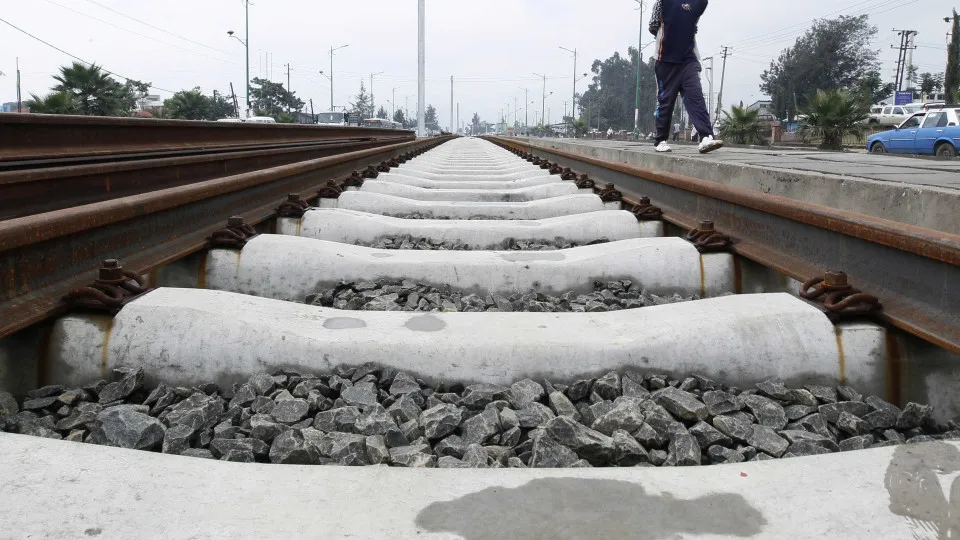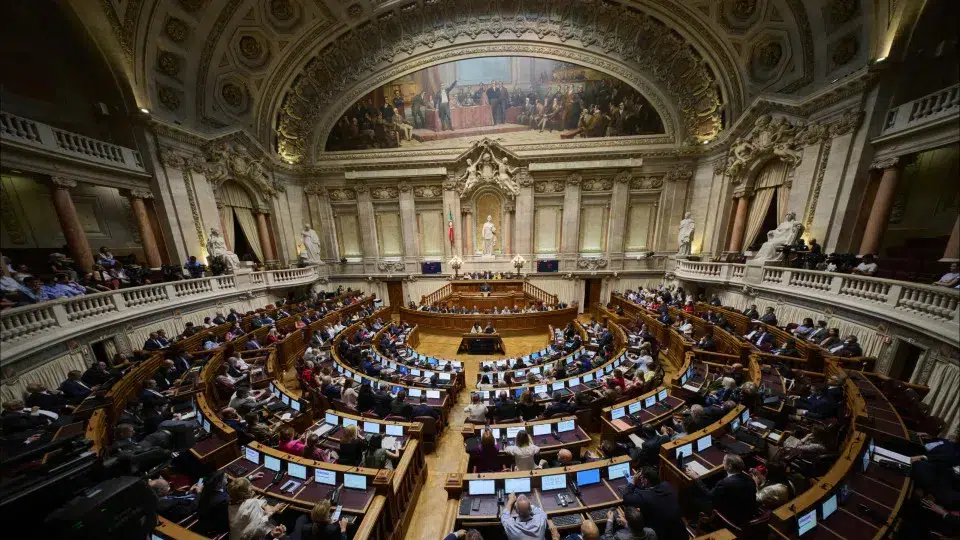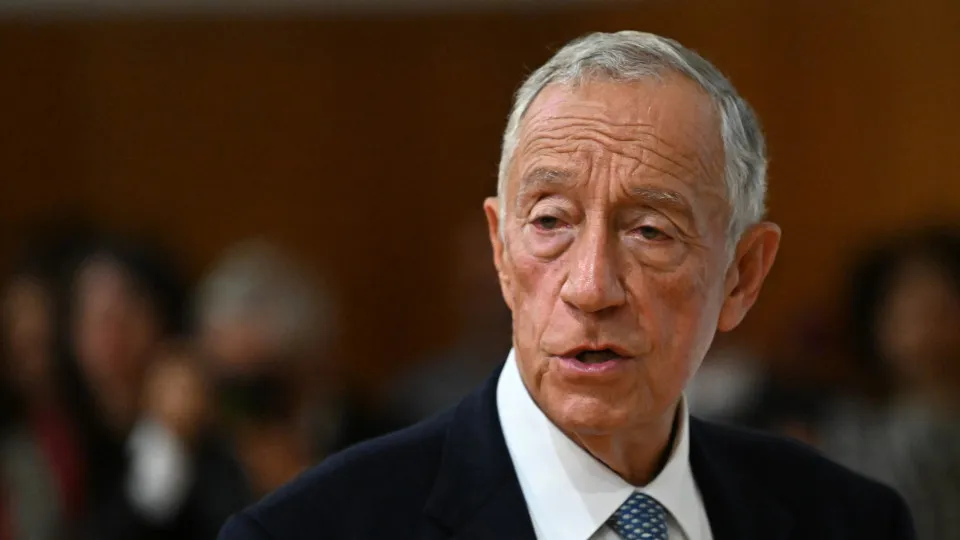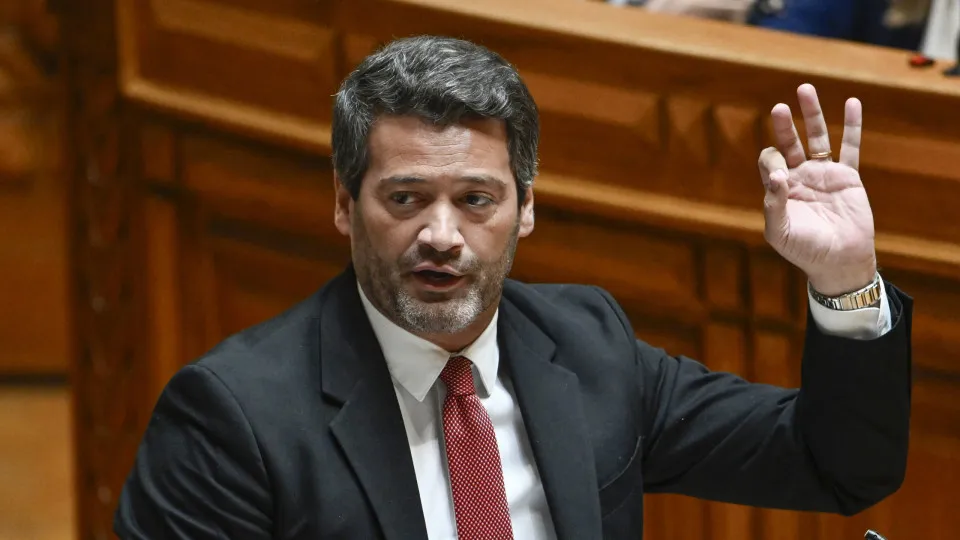
In a letter to the United Nations High Commissioner for Human Rights, Steconfer emphasized that “it does not engage in political or governmental decisions” and that “its role is strictly limited to the technical execution of works as a subcontractor for major engineering, procurement, and construction contractors.”
Furthermore, the company added, “it has no direct contractual relationship with the Government of Israel or any governmental authority in the region.”
The company’s explanations, which is the only Portuguese entity included in the updated list of 158 companies linked, as per the UN agency, to the development of Israeli settlements deemed illegal under international law, were provided in a letter to the UN on September 2, but have not yet been published.
Contacted, Steconfer confirmed it had formally responded to the UN High Commissioner for Human Rights on September 24, “within the deadline and in the format required by the UN itself, for the response to be published on the organization’s official website.”
However, an official company source stated, “the UN did not proceed with the publication of this response, even though it had communicated it would do so.”
The majority of companies on the updated list are based in Israel, but firms from various countries, including Portugal, Canada, China, France, Germany, Luxembourg, Netherlands, Spain, the United Kingdom, and the United States, are also named.
“This report underscores the responsibility of businesses operating in conflict-affected contexts to ensure their activities do not contribute to human rights violations,” said the United Nations High Commissioner for Human Rights in a statement.
Asserting a “commitment to the defense of human rights, international law, and the values of transparency and peace,” the Portuguese company notes it operates in over 15 countries, “providing public transport systems aimed at improving mobility, sustainability, and community well-being.”
In its letter, the company assures that it “does not engage in political or governmental decisions” and contests the UN’s arguments, stating it did not supply any equipment or material directly to the Israeli settlements, that all materials used were acquired and delivered exclusively within the scope of the Jerusalem light rail project, and that it hopes its projects “benefit the general civil population without discrimination.”
Additionally, the company states it “does not own, control, or exploit the region’s natural resources” and maintains a “strict neutrality policy,” refraining from involvement “in political discourse or decisions in conflict-sensitive regions.”
Steconfer also mentions it will implement a mechanism to “identify, assess, and mitigate potential human rights risks associated with operations in internationally disputed territories.”
In the same letter, the Santarém-based company requests the UN to reconsider its inclusion on the list, as it “does not intend to economically benefit from the settlements and is taking proactive measures to align its operations with international human rights standards.”
While the naming of companies does not entail associated sanctions, the UN agency calls on listed entities to “take appropriate measures to address the adverse human rights impacts” of their activities.




